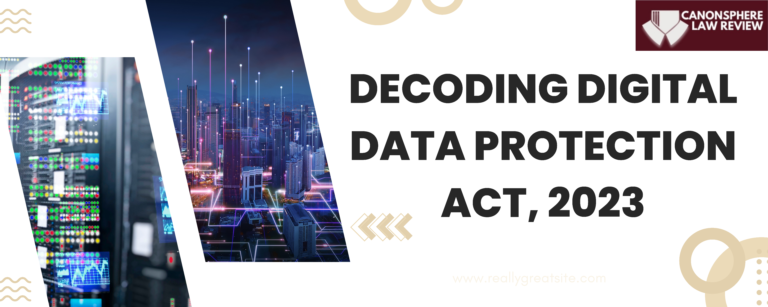This Legislative Comment has been written by Gokul. He is a 3rd-year B.B.A. LL.B. (Hons) Student at VIT School of Law. He is more inclined towards legal research and understanding the core purpose of law.
ABSTRACT
The overactive proliferation of Over-the-Top (OTT) platforms as Netflix, Amazon Prime Video, and Disney+ Hotstar, has radically altered the landscape of entertainment in India and introduced a level of affordable, true democratic access to content, as a side effect of becoming an incubator of advanced levels of digital media piracy. As opposed to classical pirating with CDs or through torrents, modern pirating continues to prosper in encrypted systems such as Telegram and WhatsApp, with copyright materials getting leaked and shared within a few hours of their publication. This legislative comment is a reaction against the failure of the existing legislation, especially the Copyright Act, 1957 and the Information Technology Act, 2000 to deal with encrypted digital piracy. Even with amendments in place, these laws are ill prepared to address the level, anonymity as well as transboundary characteristics of piracy enabled by encrypted platforms.
The legislative comment examines the legislation gap, failures of intermediate liability and ineffectiveness of John Doe orders in these digital environments. It highlights the necessity to conduct urgent legal reform, in particular, an implementation of co-liability regime of platforms, implementation of real-time takedown procedures, redefining of digital piracy based on the Copyright Act and reshaping closer alignment with the Intermediary Rules, 2021. It also promotes greater cooperation among countries by means of Mutual Legal Assistance Treaties (MLATs) and data localization. Finally, the comment makes a recommendation to drastically change the copyright law in India to reflect the realities of the digital age of distributing content so that they ultimately protect economic gains, but also the integrity of creative work in the age of OTT.



